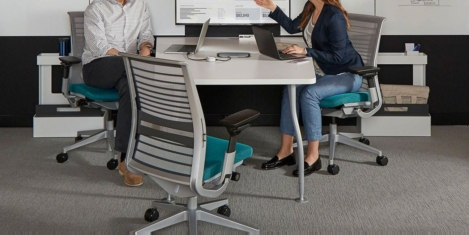May 19, 2017
Only one in four people with a long-term mental health issue are in work 0
 Only a quarter of people with a long term mental health issue are in work, according to a report published by the TUC to coincide with its Disabled Workers’ Conference yesterday. The report, Mental health and employment, contains new analysis of official employment statistics, which finds that while 4 in 5 (80.4 percent) non-disabled people are in work, people with mental illness, anxiety or depression have substantially lower employment rates. Only one in four (26.2 percent) people with a mental illness lasting (or expected to last) more than a year are in work. Less than half (45.5 percent) of people with depression or anxiety lasting more than 12 months are in work. The TUC is concerned that this suggests employers are failing to make adequate changes in the workplace to enable people with mental illnesses, anxiety or depression to get a job, or stay in work. Mental health problems can often be ‘invisible’ to others, so a lack of mental health awareness amongst managers and employers is also likely to be a factor.
Only a quarter of people with a long term mental health issue are in work, according to a report published by the TUC to coincide with its Disabled Workers’ Conference yesterday. The report, Mental health and employment, contains new analysis of official employment statistics, which finds that while 4 in 5 (80.4 percent) non-disabled people are in work, people with mental illness, anxiety or depression have substantially lower employment rates. Only one in four (26.2 percent) people with a mental illness lasting (or expected to last) more than a year are in work. Less than half (45.5 percent) of people with depression or anxiety lasting more than 12 months are in work. The TUC is concerned that this suggests employers are failing to make adequate changes in the workplace to enable people with mental illnesses, anxiety or depression to get a job, or stay in work. Mental health problems can often be ‘invisible’ to others, so a lack of mental health awareness amongst managers and employers is also likely to be a factor.







































May 17, 2017
A nuanced approach to the design of the coworking office 0
by Ajay Chopra • Comment, Flexible working, Workplace design
More →